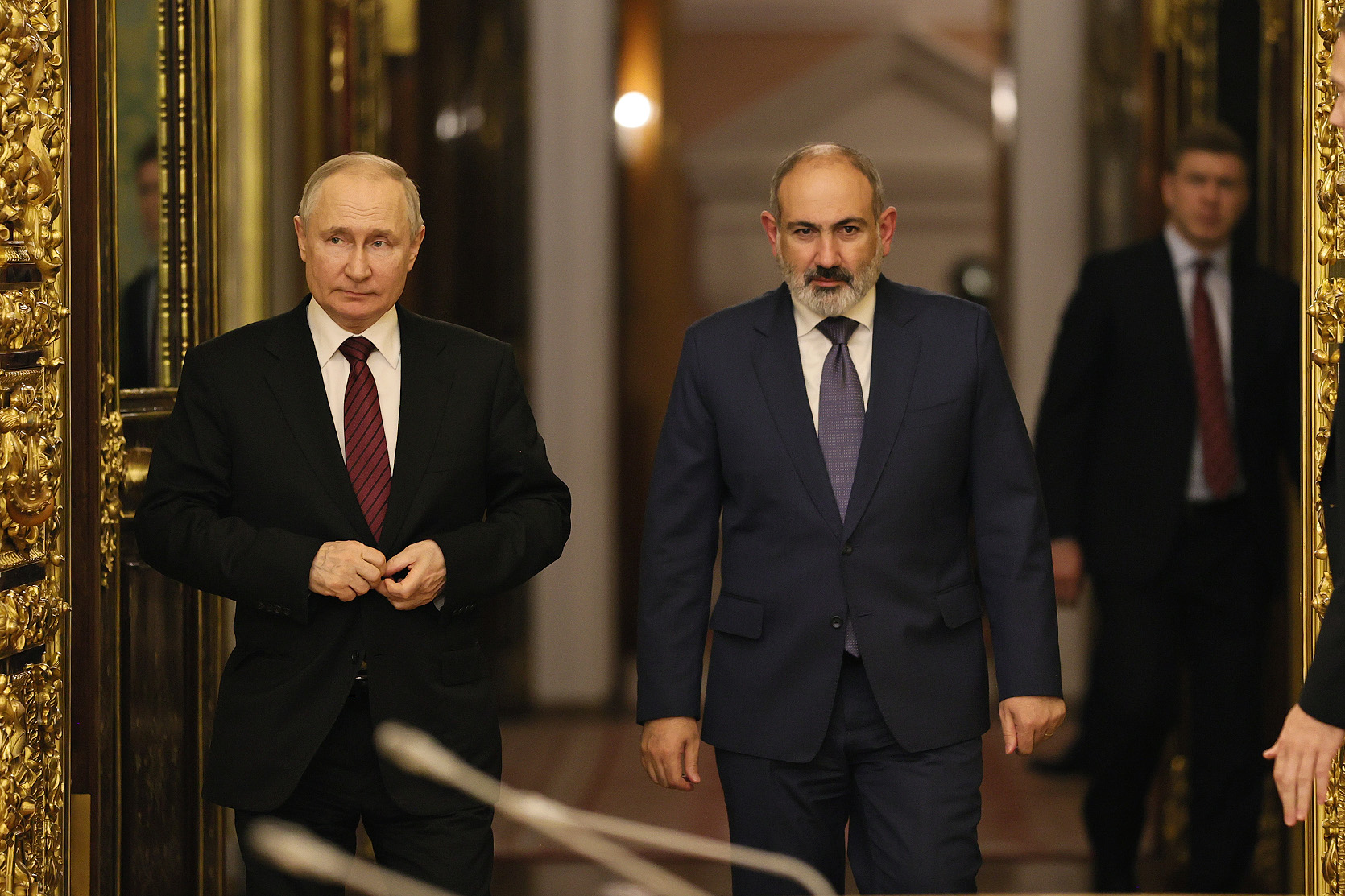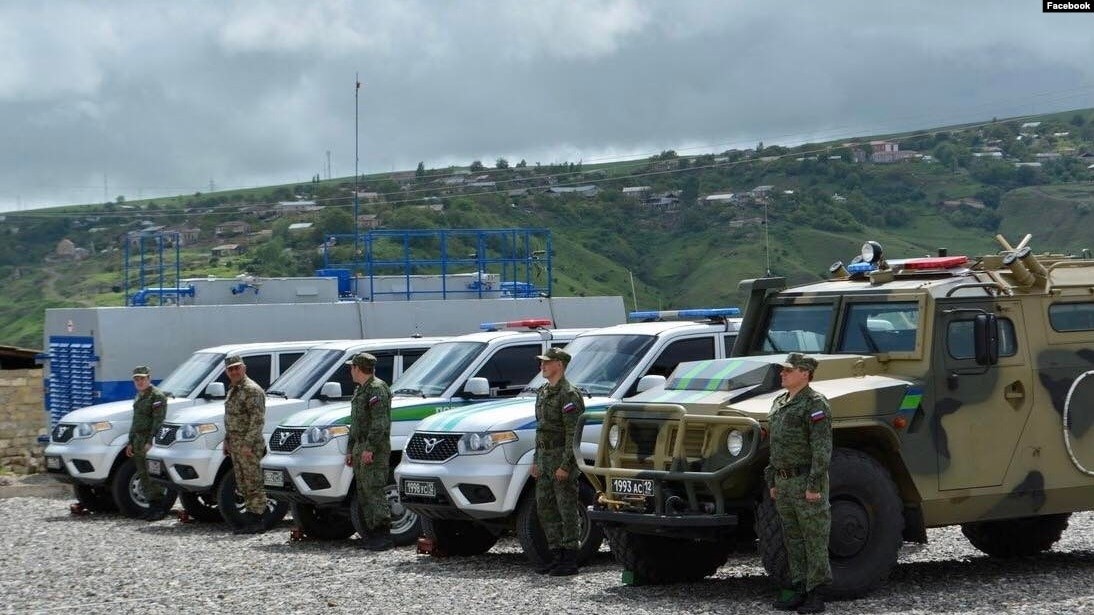"Both a victorious and defeated Russia pose a threat to Armenia": A view from Yerevan
Post-war Russia and Armenia
“Both a victorious and a defeated Russia in the Russo-Ukrainian war pose a grave threat to Armenia,” says political analyst Areg Kochinyan. He believes that as long as Moscow focuses all its political energy and resources on the “aggressive, criminal war against Ukraine,” Yerevan has time to prepare for the post-war stage.
The analyst suggests that Armenian authorities use this time to complete their “homework” across various areas—from military-political tasks to ensuring energy security.
- “All Russian border guards must leave Armenia.” Opinion
- “Armenia did not decide to align itself with the West just today,” – Pashinyan to British media
- “Vague and meaningless”: the response of the Russian CSTO bloc to Yerevan’s request
Commentary by political analyst Areg Kochinyan
A Russian retaliatory strike will follow closer ties with the West
“After Armenia strengthens and expands its relations with the West, a Russian retaliatory strike will inevitably follow. Does this mean that Armenia shouldn’t strengthen these ties? No, it means Armenia must prepare for the strike and do its homework.
This preparation begins in the military-political sphere and continues into the economy, infrastructure, and energy sectors. A telling example is that the construction of the fourth Armenia-Georgia high-voltage power line has not yet started. Once fully implemented, it has the potential to create a synchronous connection between Armenia and Georgia.
If we add the ‘Global Gateway’ project, which will connect the European Union and Georgia via an undersea cable in the Black Sea, Armenia could find itself part of a unified energy system with the EU.
This means that if, for example, tomorrow the Russians shut off our gas pipeline or increase gas prices tenfold, Armenia will at least avoid rolling blackouts. Yes, electricity prices might rise, but we won’t face a repeat of the energy crisis of the 1990s.”
Russia’s presence in Armenia is being limited
“Russian [border guards] have left Zvartnots Airport and about two dozen locations along the entire Armenia-Azerbaijan border where they were stationed.
How significant is this event? I don’t want to either underestimate or overestimate it. This fact shouldn’t be underestimated because, for the first time in a long while, Russian influence or presence in Armenia hasn’t expanded but has been limited.
However, I also don’t want to overestimate it because Russian border guards haven’t left Armenia; they have simply relocated within the country. The total number of Russian military personnel in Armenia hasn’t decreased.”
Russian border guards should leave the Meghri Checkpoint
“Now, Armenia and Russia need to have a much more interesting conversation. The first step should be to start negotiations about the presence of Russian border guards in Meghri [on Armenia’s southern border]. This is essentially the last remaining checkpoint where Russian presence still exists.
Following the same logic that led to the Russians leaving the airport [as the Armenian authorities explain, the country’s border service is now capable of managing the situation independently], they should also leave Meghri.
After that, we should begin discussions about controlling the borders, particularly the Armenia-Iran border.”
Post-war Russia and Armenia
The Russian Federal Security Service (FSB) Border Guard Service has been protecting Armenia’s state borders with Turkey and Iran under the agreement “On the Status of Russian Border Troops on the Territory of the Republic of Armenia and the Conditions of Their Activities.” This agreement was signed by both parties in 1992.
Armenia is sabotaging the CSTO to be expelled
“I have the impression that the Armenian government’s policy is to do everything possible so that the CSTO, the military bloc led by Russia, excludes Armenia from its membership. The intention seems to be to sabotage the CSTO’s activities to the point where member states simply expel Armenia from the organization. This is somewhat similar to what Uzbekistan did in the past.
In this scenario, Armenia wouldn’t bear political responsibility for leaving the bloc. In other words, Russia wouldn’t be able to accuse Armenia of abandoning the CSTO.
However, I believe there is a significant flaw or oversight in this policy. It doesn’t take into account that what is possible now—both theoretically and practically—might not be possible tomorrow. While there is a chance that leaving could become even more feasible, there’s also a risk that it could become impossible.”
Post-war Russia and Armenia





















